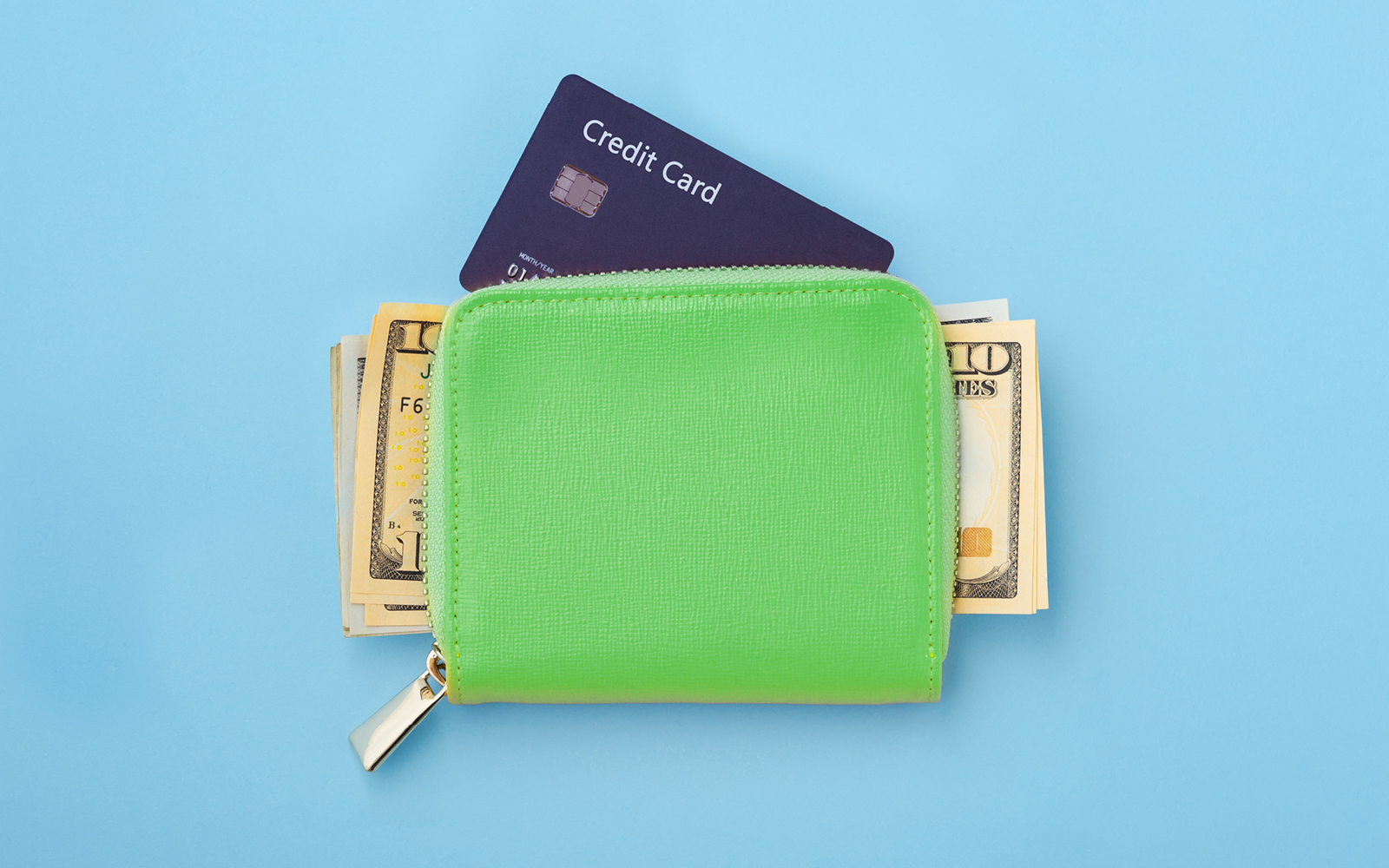Cash, Credit, or Debit–How Should I Pay?

posted
August 24, 2022
in
Blogs
Should you pay with cash, credit, or debit? It's a question you come across every day! They each have their strong points, and we've broken them down for you.
When should I use cash?
Between P2P payment platforms, mobile payment wallets and the growth of cryptocurrency, the world of commerce is becoming increasingly cashless. In fact, some consumers barely touch cash at all.
However, there can be times when you’d be better off using cash. First, some gas stations charge less per gallon when the driver pays in cash. The difference is usually modest, up to 10 cents a gallon, but with gas prices soaring, it can add up to substantial savings over the course of a month. Next, if you have trouble sticking to your budget when you shop, it can be helpful to take only the amount of cash you need and leave your cards at home. This way, you’ll be forced to stick to your budget. Finally, some small businesses, like food trucks or independently owned stores, only accept cash payments or offer discounts for paying cash.
On the flip side, there are many disadvantages to using cash. First, cash provides no purchase protection. Consequently, it’s best not to use cash for very large purchases. Next, cash leaves no paper trail and it can make tracking expenses difficult. It’s best not to use cash if you’re trying to get a clear picture of where your money is going. Finally, cash always carries the risk of being lost or stolen.
When should I use my credit card?
Credit cards are the double-edged sword of personal finance. On the one hand, credit card debt is one of the leading causes of consumer debt in the country. On the other hand, owning credit cards and using them responsibly is a crucial part of one’s financial health.
In addition to the impact to your credit score, responsibly used credit cards offer two primary advantages: rewards and purchase protection. Using a rewards card for purchases you’d need to make anyway, such as paying utility bills or subscription fees for a service, can help you earn cash back, airline miles or another reward. The second big advantage to using a credit card – the purchase protection it offers – makes it the ideal choice for paying for large purchases or when buying something from a newer retailer. Knowing you can always dispute the charge or even cancel it if the product turns out to be different than expected, can help you shop with confidence. In addition to these advantages, paying with a credit card and making on-time payments can help boost your credit score while making expense tracking easy.
Ideally, credit cards should only be used to cover fixed or steady payments, such as monthly bills, and for purchases you know you can pay for in full when the bill becomes due. It’s never a good idea to swipe your card for a purchase you cannot pay for today or within the next few weeks. Use your cards responsibly to ensure a healthy credit score and to stay out of debt.
When should I use my debit card?
In many ways, debit cards offer the best of both worlds. You can always track your spending by reviewing your checking account statement, and you generally can only spend what you have. This helps minimize the risk of falling into debt. In addition, if your card is lost or stolen, you can cancel it and/or close the associated account.
Debit cards can be a great choice for everyday purchases of any kind. However, since they typically don’t offer rewards or the same level of purchase protection as credit cards, they may not be the best choice for large purchases, or for paying for products from a new retailer.
Life is expensive, and you want your money to go as far as possible. Use this guide to help you choose the right payment method in every situation.